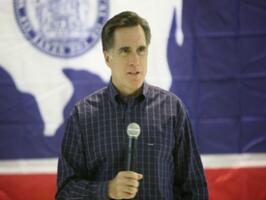January 14, 2012
Next Saturday’s South Carolina Republican Primary is expected to thin the pack of presidential hopefuls, but for now Mitt Romney, winner of both the Iowa caucuses and last Tuesday’s New Hampshire Primary, is the man to beat. New numbers out of South Carolina and Florida suggest that may be easier said than done.
Romney still holds first place in the South Carolina Primary field, while his opponents jockey for second. The former Massachusetts governor earns 28% support, virtually unchanged from a week ago, but now former House Speaker Newt Gingrich is in second place with 21% of the vote. Support for former U.S. Senator Rick Santorum who was in second a week ago has fallen back to 16%, putting him dead even with Texas Congressman Ron Paul who also earns 16%.
Texas Governor Rick Perry, whose continued candidacy likely depends on the South Carolina vote, now captures six percent (6%) support, while former Utah Governor Jon Huntsman runs last with five percent (5%).
Of course, much can change in the closing days before the South Carolina primary, with just 52% who say they are certain of their vote at this time. In Iowa, a late surge by Santorum nearly swept him to victory. In New Hampshire, Paul and Huntsman made gains in the final days of the campaign. This suggests whoever is perceived as the most effective tactical alternative to Romney could see a last-minute surge in South Carolina as well.










